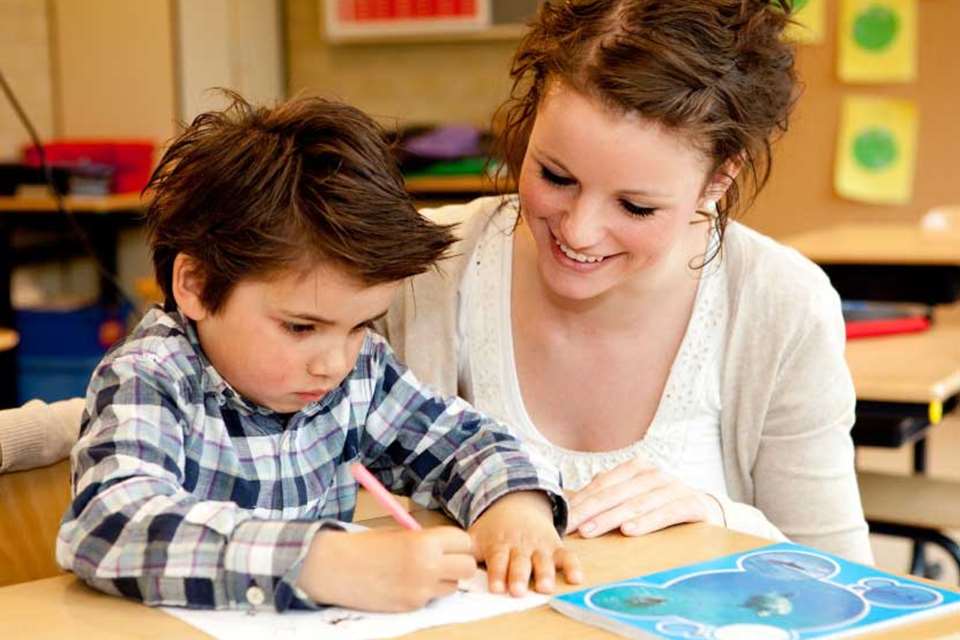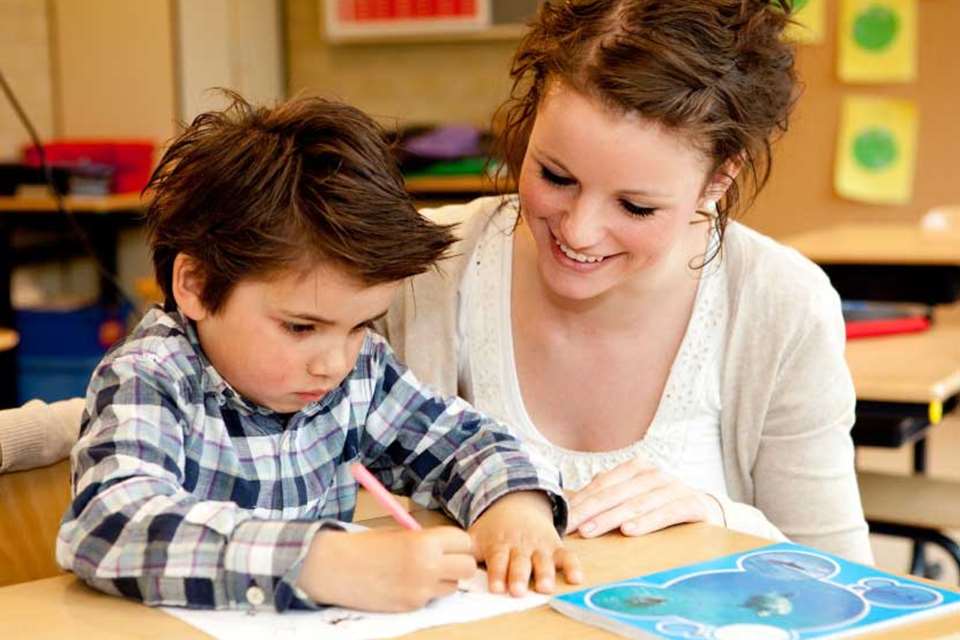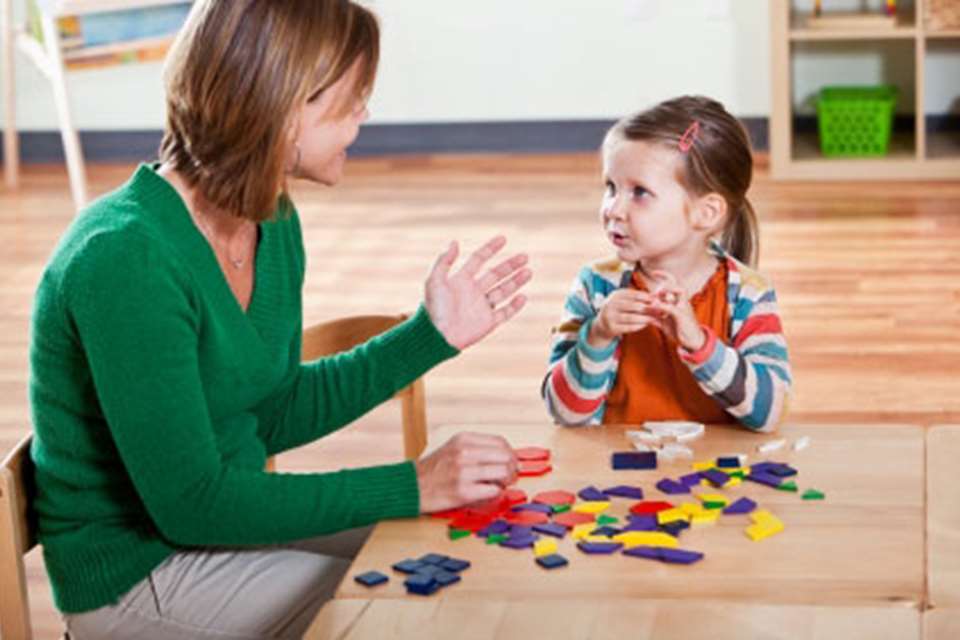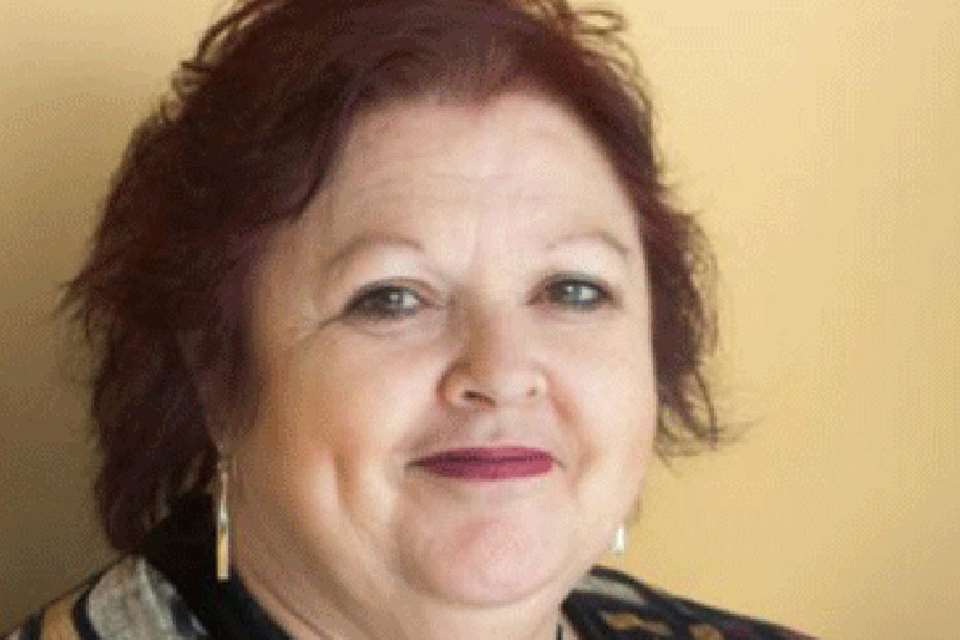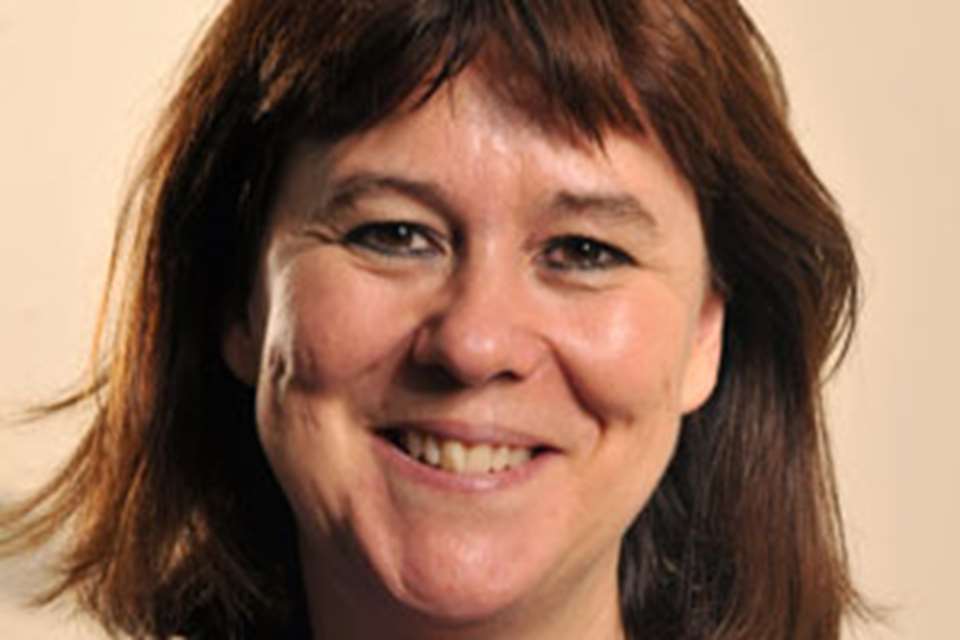What are the options for the baseline assessment?
Monday, February 23, 2015
Following confirmation of the Reception baseline providers earlier this month, schools that want to use the baseline during the pilot year from this September have until April to sign up.
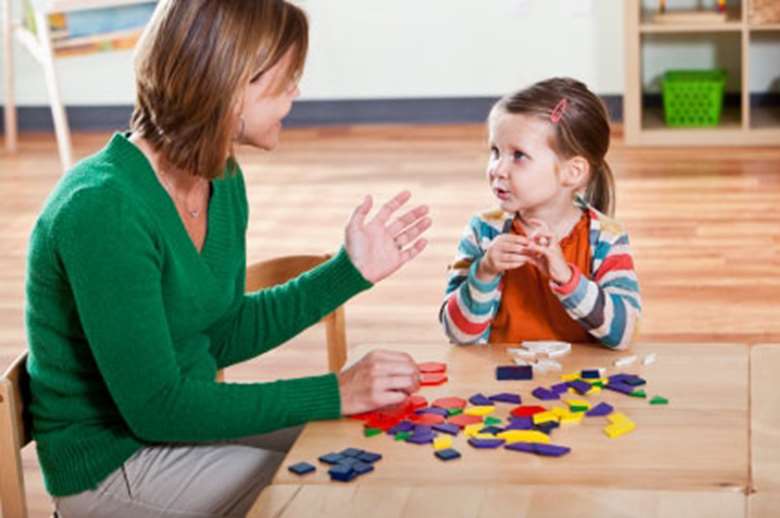
Over the next few weeks, many local authorities will be running marketplace events and some of the providers are offering briefings to help schools and local authorities decide.
The pressure is on, as every provider needs to recruit a minimum number of primary schools to offer the baseline.
The Department for Education’s requirements stated that assessments must be ‘age-appropriate’ and ‘clearly linked’ to the EYFS’s learning and development requirements in communication and language, literacy and mathematics.
The DfE’s decision to scrap the EYFS Profile and introduce a baseline that children take in the first six weeks of starting Reception has been controversial from the start, and opposition to it has become more vocal in recent months.
A petition started by Early Education has so far gathered more than 3,800 signatures.
Unions led by the NUT are also planning on votes to boycott the baseline.
Professor Chris Pascal, speaking at last week’s BECERA conference debate, who sat on the panel approving schemes, said, ‘It is a school-led agenda measuring progress from entry to exit at primary school. There is no looking back at the two-year-old check, it looks forward to key stage 1 and 2.
‘All six schemes have been judged to be “robust and reliable” but they are very different. There is a real choice for head teachers. They can pick the scheme that best fits with the ethics and pedagogy of their school.’
Some schools in the pilot year will also take part in a 'comparability study' and will do two schemes to see if they produce similar results. If any are consistently different from the others they could be dropped. This is to stop schools from going for the one that gives the lowest scores and will therefore give them greater added value when children are assessed later on.
Meanwhile, Nursery World has spoken to the six providers to get an overview of what each offers.
CEM (Centre for Evaluation and Monitoring), Durham University
Based on the same principles as PIPs, the assessment is available on a computer and will be offered on a tablet in future.
Children sit one-to-one with a teacher or teaching assistant at a computer. Milly the bug guides them through the assessment, which takes 15-20 minutes and follows a story. Personal, Social and Emotional Development (PSED) is also assessed using a teacher-rating scale.
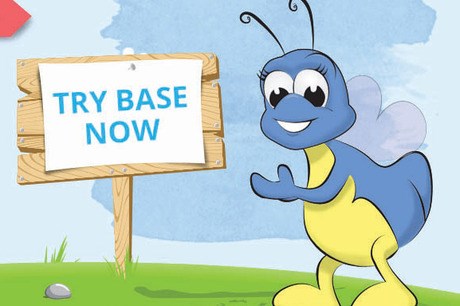
KATE BAILEY, DIRECTOR OF APPLIED RESEARCH
'We're looking for different skills and abilities - for example, asking the child to identify a picture of someone reading, or the right way up to hold a book.
'You can get more information (about a child) more quickly using observation with assessment, rather than just using observation alone.'
In the trials, 'some children were more comfortable responding to the computer, rather than face-to-face, and that can help teachers understand more about what children know. Occasionally, there are some real surprises.'
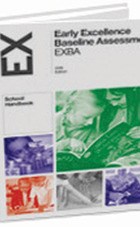 Early Excellence Baseline Assessment (EExBA)
Early Excellence Baseline Assessment (EExBA)
It does not include any tasks or tests, but is a practice-led assessment based on observations of children using practitioners' judgements. The EExBA consists of an initial 'screening' process to assess each child's well-being and involvement using the Leuven scales.
When children are shown to have settled into the class, the rest of the assessment begins.
Judgements are made against a set of criteria drawn from the characteristics of effective learning and areas of learning and development in the Early Years Foundation Stage (EYFS) and that constitutes the score at the end.
Practitioners respond to a series of statements about each child: for example, whether they show curiosity or have their own interests; or whether they can blend CVC (consonant, vowel, consonant) words.
It also builds on practitioners' experience of working with the principles and practice of the EYFS Profile and has been designed to provide a continuity of approach with regards to making and moderating the resulting judgements.
There are nationwide briefings until the end of March and teachers receive a day's free training in the summer term.
JAN DUBIEL, NATIONAL DEVELOPMENT MANAGER
'The idea is to minimise disruption. Children won't know they're being assessed. The rationale is that (you get) a holistic and accurate rounded picture of the child.'
GL Assessment
It is a one-to-one assessment that is delivered on two tablets - one for the child and one for the teacher. Teachers control the audio and the test progression and are responsible for recording the child's answers.
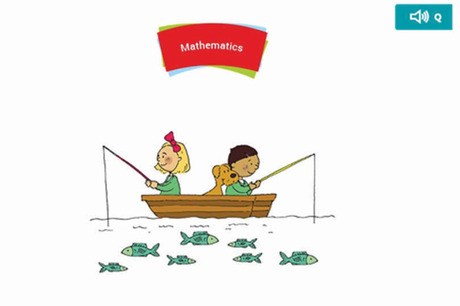
The assessment contains oral and touch-based questions with full-colour illustrations. It takes less than 25 minutes to complete and can be delivered in separate sessions.
In one example, the child is shown a picture with three pencils of different lengths and asked to select the longest one.
There will be other options added, including PSED.
GREG WATSON, CHIEF EXECUTIVE
'A tablet is a very friendly device that most children associate with something fun. To make it useful for teachers we've also added age-standardised scores. The results when reported back will be interpreted according to age. So August babies will come out with other August babies. A lot of fear has built up around (the baseline), but we've made it the least intimidating and least test-like it can be. For it to have lasting value you need other options, such as PSED.
'We hope if our baseline is done well it will be part of a really good first parents' evening for parents.'
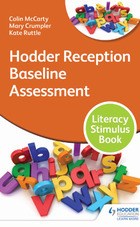 Hodder Reception Baseline Assessment
Hodder Reception Baseline Assessment
The assessment is paper-based and can be delivered by a teacher, teaching assistant or nursery nurse. The main literacy and maths assessments take about ten to 15 minutes each.
Materials include a manual, teacher script and pupil record booklets. Questions are based around two stimulus booklets - one for maths and one for literacy, so that two children could be assessed by different practitioners at the same time in different subject areas.
Hodder says it supports a wide ability range through 'lower' and 'upper' extension assessments. Scores are age standardised and can be entered into an online assessment tool to provide a range of score analysis and reporting.
EMMA REES, PUBLISHER, TESTS AND ASSESSMENT, HODDER EDUCATION
'We wanted to do it (paper-based) for ease of access, so there is no need for technology or logging in. The teacher sits down with the child, in a similar way to sitting down and sharing a book, to make it as non-daunting as it can be in the early days of school.
'We've also included an observational sheet for PSED so teachers can record this, acknowledging these issues are important.'
'It's differentiated assessment, so it can be tailored to each child's specific needs.'
NFER Reception Baseline Assessment
A task-based assessment that uses resources children would typically find in an EYFS classroom, such as counting bears, plastic shapes, number cards and picture cards.
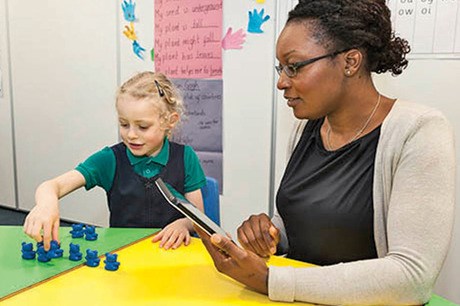
Children work through several task-based activities, taking 30 minutes in total, while the practitioner works through the assessment, recording the child's progress either on a laptop or tablet or in a booklet. The tasks can be administered separately.
A literacy task might involve letter recognition, story sequencing and writing their own name, while assessing children in maths would include number recognition, counting, addition and recognising shapes.
For communication and language, practitioners record overall judgements based on observations, such as whether a child can recount an event that has happened to them.
It also includes a free optional 'Foundations of learning' checklist for PSED, Physical Development and the characteristics of effective learning, based on teachers' observations, to give a holistic picture of the child.
The baseline was piloted with 500 schools and 3,000 children.
LIZ TWIST, HEAD OF THE NFER CENTRE FOR ASSESSMENT
'It's very interactive and child-friendly. We've elected to use a task-based assessment with practical resources that children can handle. What came through during the trial was how much children wanted to use them. The activities are similar to those being carried out in early years classrooms.'
Speechlink Multimedia Reception Baseline Package
The assessment runs in a browser and can be done on a PC, laptop or Mac, and in future on tablets. The child sits down with a teacher or a teaching assistant. An animated story helps engage the child and the assessment is done in three ten-minute slots, so the teacher can arrange it as they wish.
The questions are multiple choice, with a range of questions to represent children's strengths at the start of Reception. There is also an optional observational checklist to develop a more complete picture of each child, which can be used by the school and fed into the schools' reports.
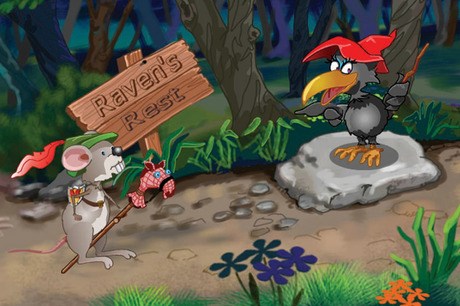
PETE MCLEOD, DIRECTOR, SPEECHLINK MULTIMEDIA
'We have made it easy to use for all classroom practitioners because we understand the pressures of time.
'The language section has been designed to alert teachers to children presenting early indicators of SLCN (speech, language and communication needs).
'The 'raw' score is sent to the DfE but we've also made sure the tests are age standardised because schools find that information more useful.'


